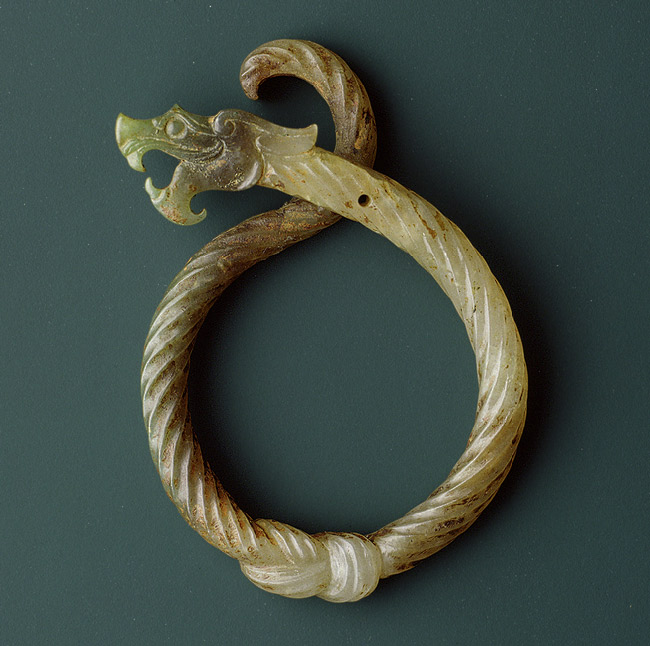nianfong wrote:hm I have an yi jing book that has explanations all over it. but I can't really decipher it. It's like one symbol, and then pages of explanation. I'll have to look through again to find the actual original text....
thanks for the inspiration wyzd

Fong,
I have the same problem. It's actually very hard to find serious, scholarly, but accessible annotations for Yi Jing, Confucius' books, Lao Zi, and Zhuan Zi.
The main reason for that is since the fall of Qing Dynasty, the entire intellectual environment is against them, for all the good reasons. China at the start of 20th century was a backward, superstitious, conservative, highly unjust, unequal, stagnant society. A society ruled and shaped by many of the core ideas and attitudes contained in those works. So everyone (we're not just talking about communists here, we're talking about people like Hu Shi) regarded them as part of the problem. Everyone was looking for modern, progressive ideas from the West that will bring China to modernity: instead of monarchy (Kong Zi), people turned to egalitarianism (democracy, communism); instead of astrology, fortune telling (Yi Jing, specifically Bagua), people turned to physics and astronomy; instead of 5 elements, people turned to modern chemistry; instead of summarizing everything to the highest level principle ('it's all about yin yang') and stop there, people went the other direction, investigate nature and society in every finer details...
So since 1911 there has not been a successful major effort by Chinese scholars to provide comprehensive, modern translation/annotation on those classics for the average person. Lin Yutang has a English translation of Laozi, which I treasure. For Yi Jing (and Laozi), the most authoritative commentary (translation/annotation) still belongs to Wang Bi (
http://www.iep.utm.edu/w/wangbi.htm). I believe those are available in English. For Chinese readers, the best bet is to find a copy with original text, with Wang Bi's commentaries, and modern annotation. I have the standard edition published by Shanghai Ancient Classics Publications 上海古籍出版社. It contains the original text with Wang Bi commentary. But for someone like me, I still need commentaries on those commentaries... I'm still searching, will let you know when I find a good book on that.
Wuyizidi




